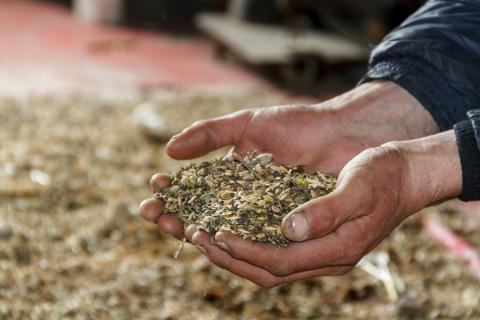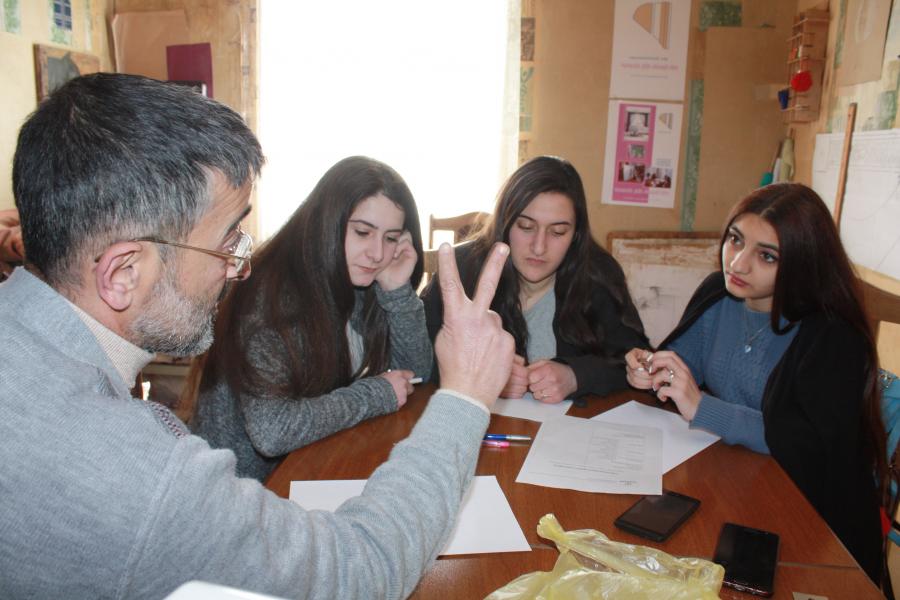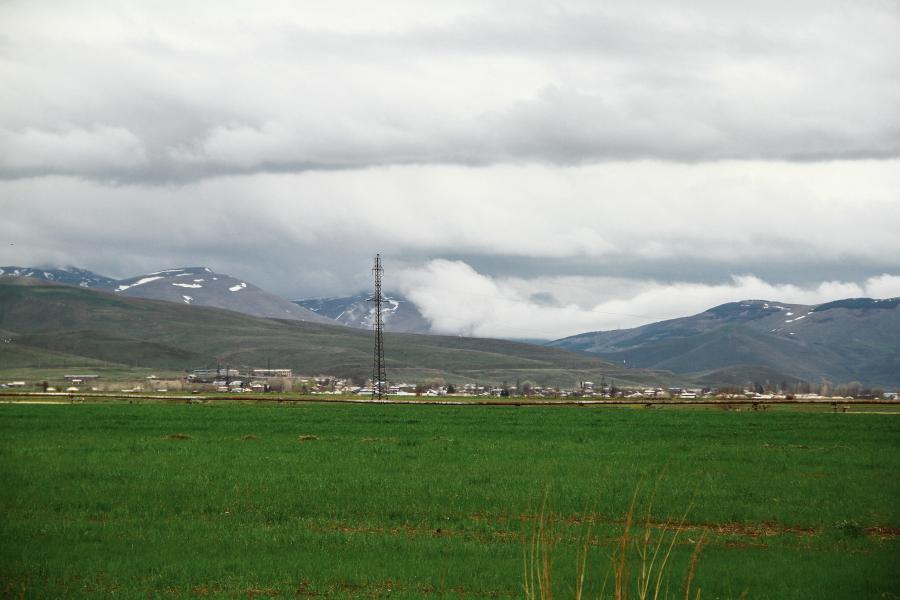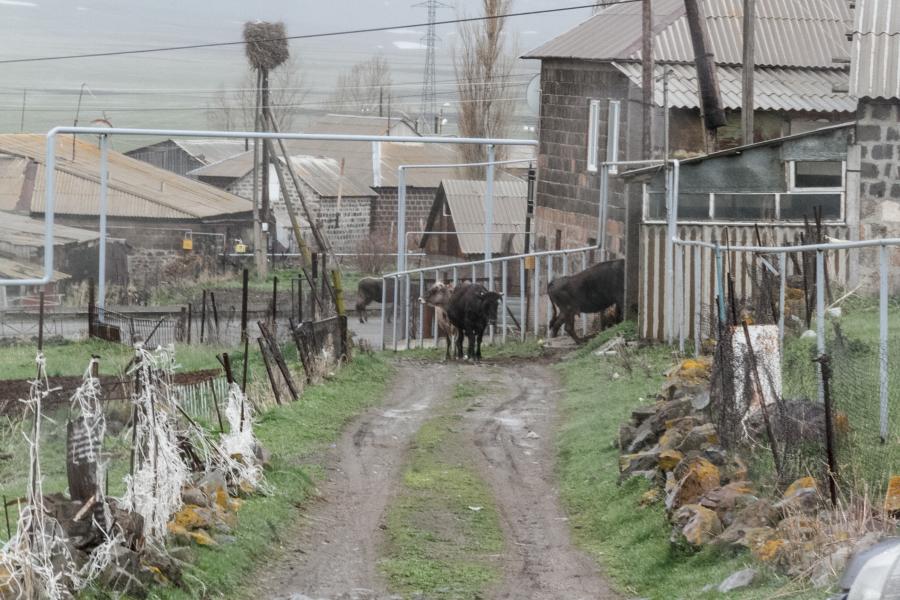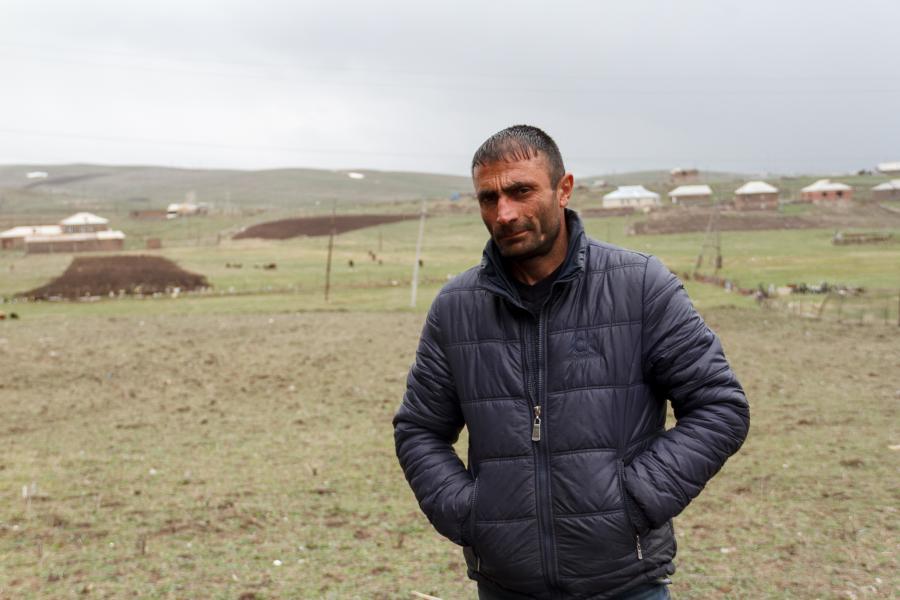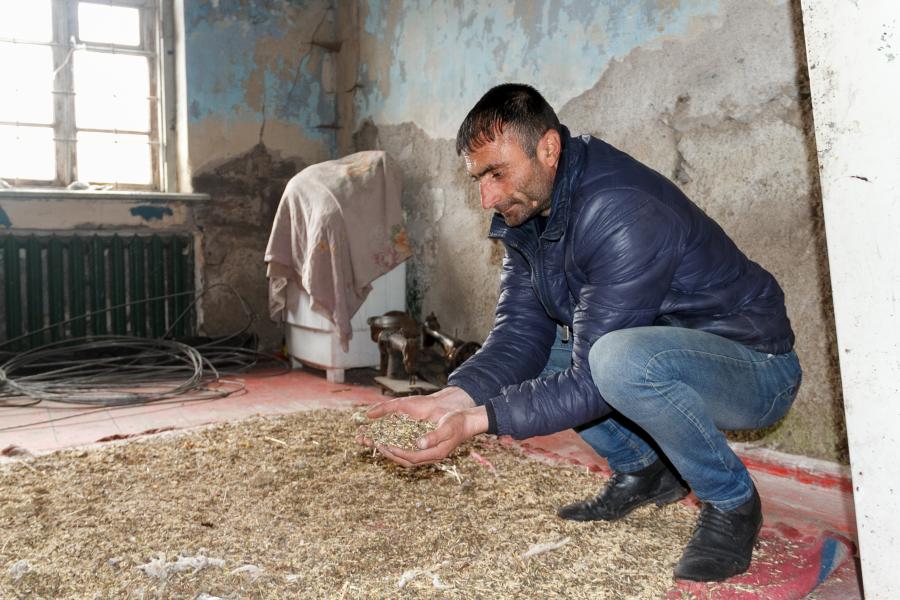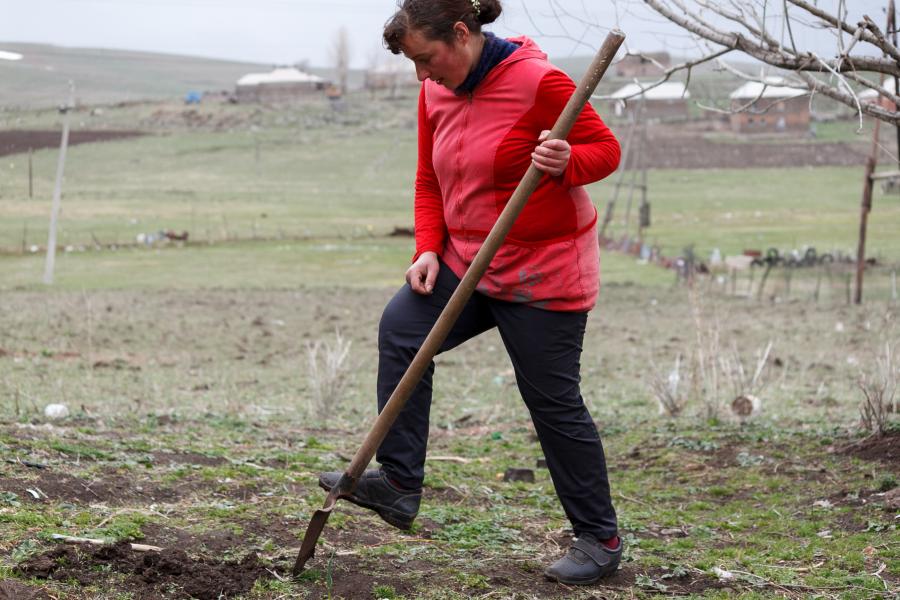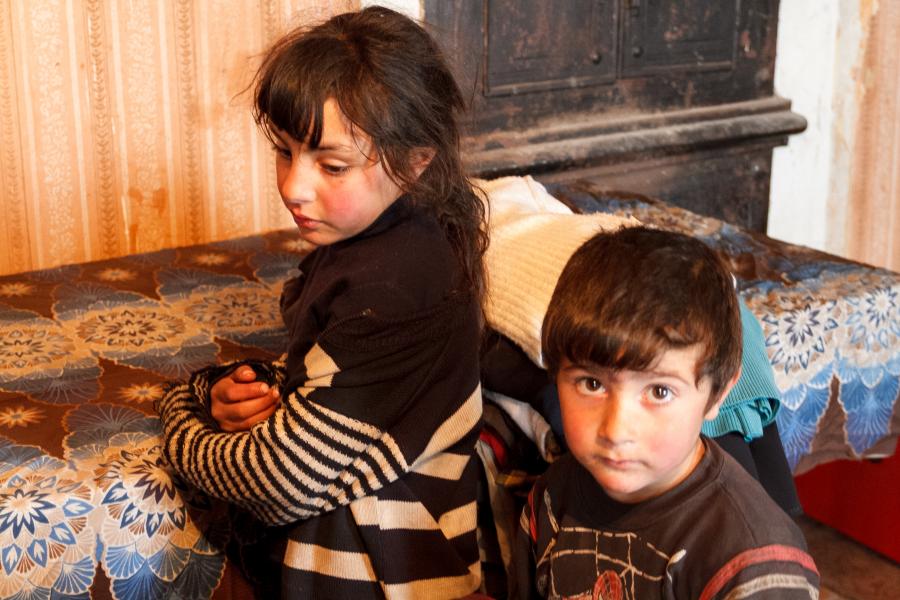Social entrepreneurship is a relatively new phenomenon in Armenia. As recently as five or six years ago, few people knew about it. Despite the fact that there is still no legislation in place regulating it, social entrepreneurship is growing in Armenia.
Seeing the potential for the development of social entrepreneurship in Armenia, the EU-supported International Center for Intercultural Research, Learning and Dialogue implemented the “Community Development through Social Entrepreneurship” programme. It helped enhance the capacities of non-governmental civil society organisations (CSOs) to generate income by running social entrepreneurship projects in seven provinces of Armenia. In the framework of the programme, 27 CSOs were chosen to participate in intensive training courses, which later grew into an online educational website. Of the 27 organisations, 23 presented business plans. A jury chose the 10 best plans and the selected organisations were each given approximately €7,000 to implement their business ideas. The programme concluded in 2017, but all 10 businesses are still in operation, implementing their activities.
The families are going to sell the product to Brgahatik, which is responsible for packaging and selling the products. The final product is sold in Armenia. “We are turning cheap groat into an expensive product. This means that it is profitable for families to sell us their products,” says Koryun. He also mentions that during the last year they helped to cultivate 4.5 hectares of land, and this year they are planning to cultivate 10 hectares.
Brgahatik provides the Armenian market with locally grown buckwheat and buckwheat flour. The factory can produce up to 2,500 tonnes of buckweat, but now they only produce up to 600 kilogrammes, as their resources are limited. “I could have done something else, but I believe that every person should change his/her hometown. It’s easier to build a city, but it is difficult to build a village,” says Koryun, adding that “the development of a village depends on an individual and his/her education”.
From sculptor to social entrepreneur
Artur Gevorgyan, a sculptor who was the head of the “Gyumri Cultural Experimental Center” NGO, for a long period of time he could not decide whether to start his own business. His participation in the Community Development through Social Entrepreneurship programme prompted him to find the answer to that question and he developed the idea for “Patuhan” (meaning “Window”). At first, the project was not chosen by the jury, but after another participant refused their sub grant, Artur’s project received the money.
"I had the option to go to a better place or to bring the better place here, to solve my own problems,” recalls Artur.
Patuhan design and produce exclusive home decor and curtains with traditional Armenian ornaments and motifs. Artur works with his wife, Gohar Vardanyan, and their workshop is in their house. “From 2003 onwards there was a construction boom in Gyumri. As there was a demand for curtains, my mother started to sew. Soon we realised that there was a big demand, and I started to help my mother; I was designing and my mother was sewing. We can say that it is a traditional business for us, and despite the fact that my mother is now a pensioner, she is [still] the expert in sewing for us and we always turn to her for help.”
The social entrepreneurship programme involves young graduates of art schools, local artisans and craftspeople. The profits generated from sales are directed to the development of the National Park-museum of Sculpture and the development of community museums in Gyumri. Now, since the conclusion of the programme, they have been cooperating with four tailors who work from home and have already established their own businesses. Patuhan produce 75 pillowcases, 15 different bedding sets, and three curtains each month. Their products generally cannot be found in shops; instead, they tend to find their customers online.
Gohar, Artur’s wife, is a pianist. She never thought that one day she would become a tailor. Now, she not only sews different bedding sets, but also teaches others to. “I learned to sew by myself. I have learned many things from my mistakes, I have searched a lot of solutions for different problems and now I can show the students the answers,” says Gohar, adding that as sewing is a tradition in Gyumri, the residents of the city have always preferred to order their dresses from tailors. “We mainly use natural raw materials and we plan to import fabric from India. Now, our main aim is to sell our work. But we need to be patient and wait for improved results.”
The programme not only helped these projects to develop and find their places in the market, but also became a platform for different ideas. This has even led Brgahatik and Patuhan to explore possibilities for cooperation, and soon they are going to create orthopaedic supplies together using products from both companies.
Social entrepreneurship is not only helping individuals to work and create workplaces, but also helping to develop the provinces of Armenia. It may become a solution that will help NGOs and cooperatives to work harder and motivate members of their communities. In turn, it may have a positive impact on the country’s economy, as Armenian manufacturers can enter the market and even export their goods, thereby promoting products made in Armenia.
Author: Ami Chichakyan
Article published in Armenian, Russian and English by Aravot.am

